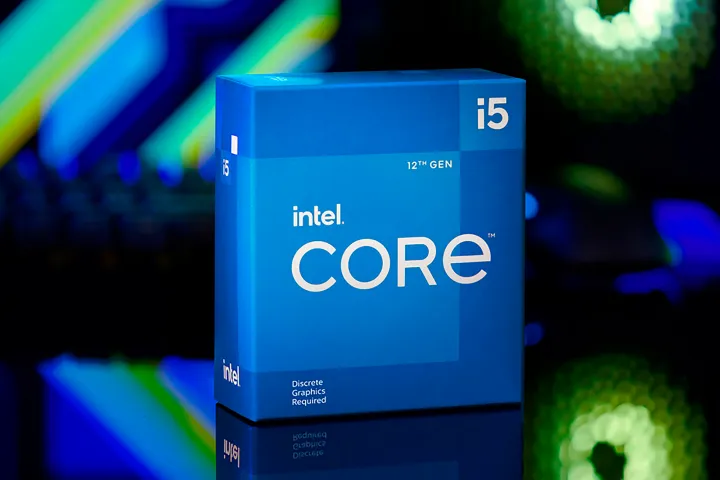When you buy a smartphone today, chances are it has a processor from Apple, Qualcomm, or maybe even Samsung. But what about Intel? Yes — the same Intel that’s responsible for laptop and desktop PC chips. As crazy as it may sound, that’s likely happening in the very near future.
On April 12, Intel announced it’s entering a “multigeneration agreement” with ARM to create mobile SoCs (systems on chips) with Intel technology. In other words, Intel is partnering with ARM to create mobile chipsets.

Per Intel’s CEO Pat Gelsinger, “There is growing demand for computing power driven by the digitization of everything, but until now fabless customers have had limited options for designing around the most advanced mobile technology.”
Intel and ARM are initially using this deal to focus on SoCs for smartphones and tablets. To be clear, though, this doesn’t mean your next phone will have an Intel Core i7 chip or anything like that. Instead, Intel and ARM’s deal is more about the fabrication side of things. As it stands today, companies like Qualcomm, MediaTek, and Apple rely on TSMC to manufacture and produce their chip designs. With today’s announcement, Intel will now be available as an alternative for producing SoCs for those companies.
If that all sounds a bit business-y, that’s because it is. But it’s also something worth keeping a close eye on. There’s no guarantee that Qualcomm, MediaTek, and Apple will switch to Intel’s new fabrication business for smartphone chips, but they could. And with that new threat around, it will (hopefully) encourage TSMC to improve its own fabrication business. As we all know, competition is a good thing.
Down the road, Intel will expand its fabrication business to include chips for the automotive industry, IOT (Internet of Things) gadgets, and more. But, at least for now, the focus is solely on smartphones and tablets.
Does that mean the Galaxy Z Fold 5 or Pixel 8 will have an Intel-made chip later this year? Probably not. But as we head later into 2023 and into 2024, there’s a very real possibility the chip in your phone was made with Intel technology. And that’s pretty cool.



